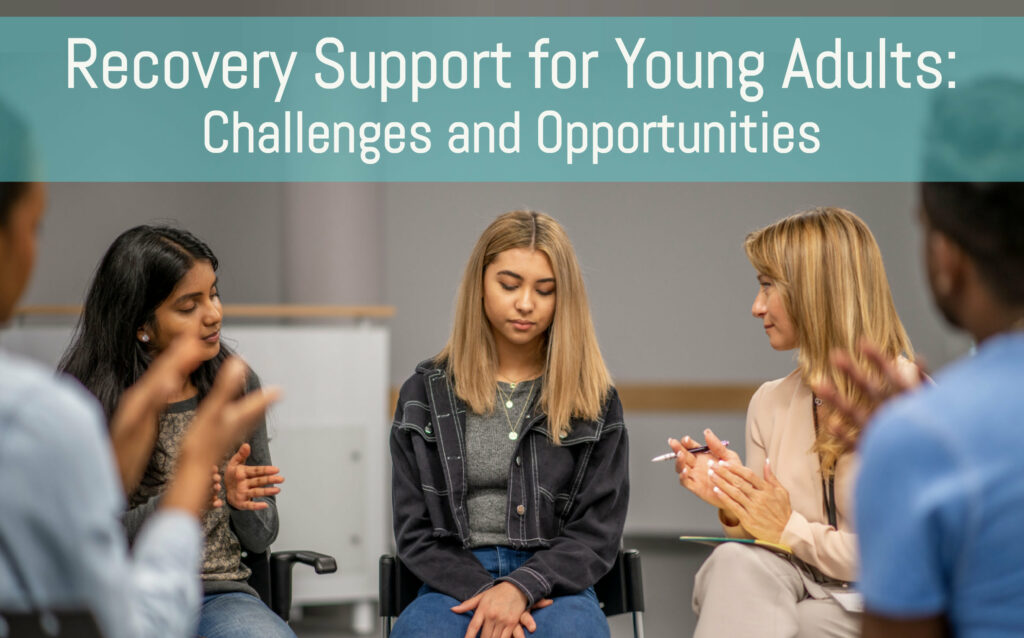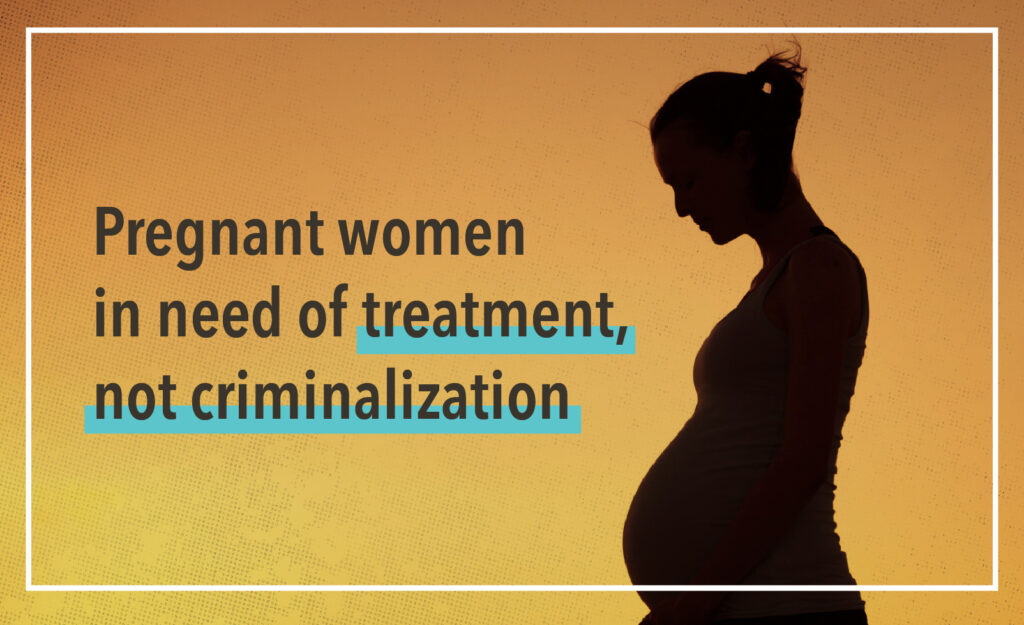Seeking professional help for a substance use disorder or mental health disorder can be daunting at first.
- Will you like your therapist? What if the treatment doesn’t work?
- How will it feel about divulging your darkest moments to a stranger?
These are common thoughts that many of us go through when we are first entering therapy.
Sharing intimate details about your life and your deepest darkest secrets with a stranger can be daunting. The fear of facing a therapist may be one of the roadblocks to seeking treatment.
However, therapists are meant to guide you and help you overcome your addiction and work through any underlying triggers associated with the mental health disorder that you are struggling with.
Therapists are on your side, and they want you to get better. Below are some common things that every therapist wants their client to know, before going into therapy:
1) They can only help you if you want help
Finding a therapist and showing up for the first session is a great step in the right direction; however, it is up to you to put in the work.
You have to want to get better, which means you will have to open up about your addiction or mental health disorder. You have to take an active role in the therapy process.
2) They know when clients are using drugs
Relapse can happen during recovery; however, it is crucial to be honest if you relapse or start to have urges to use again.
Most therapists can usually tell if you have relapsed or if you are lying about using drugs or alcohol.
It is always important to be open and honest about your substance abuse.
3) Confidentiality is everything
Therapists, by law, are required to keep everything you talk about confidential. This means they will not talk about you to their friends or family.
Everything you discuss stays within the walls of the therapy room. The only time a therapist will break confidentiality is if you are a danger to yourself or to others.
4) No matter what you tell them, they have probably heard it before
Therapists deal with a broad spectrum of mental health and addiction disorders, ranging from mild to severe.
Your dark secrets, past behaviors, and current state should not shock your therapist. Experienced therapists have seen it all.
With that said, it is important to seek out a therapist who is trained in specific therapy modalities that treat your disorder.
For example, if you have a history of trauma, look for a therapist who has a background in different types of trauma therapy.
5) They are not there to agree with you
Your therapist is there to listen and guide you. They are not there to be your friend.
If you are searching for positive reinforcement and a therapist who will listen and say, “yes” to you, then you may be disappointed.
Your therapist may not agree with your behaviors, thought patterns, and habits, but they will work with you to develop healthy coping skills and to uncover any underlying triggers that are feeding your addiction.
6) The right fit is crucial
It is important to find a therapist who you feel comfortable around and who you can relate to.
This may take some trial and error, but finding a good fit is imperative for your recovery journey.
Researching therapists and sitting down for a free consultation can be a good option to see if you think they will be a good fit.
Therapists understand how important it is for their clients to feel comfortable, and they are not offended if you do not think your therapist is the best fit.
Many therapists will even refer you to another therapist who may be a better fit for you.
7) They may not have all the answers
Therapists are trained to guide you and help you develop positive coping skills.
They have a lot of experience and education in mental health and addiction; however, they may not have answers to every single one of your questions.
They may not be able to answer why you endured such extreme trauma in your past or why you continue to have negative thinking patterns despite your successful recovery process.
Although it is important to have high expectations from your therapist, keep in mind that they do not know everything.
8) Going to therapy does not mean you are broken
The stigma associated with therapy is becoming less and less; however, many still associate therapy with “crazy” or “unstable.”
This misconception can be a barrier to treatment. Mental health and substance use disorders are true conditions that can happen to anyone, and therapy is an essential component of treatment.
There are many individuals who do not struggle with mental health or substance use disorders and who go to therapy to resolve relationship issues or personal dilemmas.
Attending therapy is a healthy and cathartic way to become a better individual.
9) You may feel worse before you feel better
Talking about buried feelings, past traumatic experiences, and identifying unknown triggers can be painful at first.
Talking about these things can bring up negative emotions that may be hurtful.
However, therapy is meant to help build skills and confidence to overcome these negative thoughts and experiences.
Although talking about your problems may be painful at first, over time, you will begin to feel better.
10) They will not tell you what to do
Therapists are meant to listen and help you uncover deep triggers. They also can teach you healthy coping skills and techniques to deal with conflicts that arise in the future.
Therapists want to help you realize that you have the power to choose how you feel and to control your actions. It is not their responsibility to make choices for you.
11) Medications may also be necessary
Therapy is most likely just one important aspect of the treatment process.
Medications may also be necessary, and if you are struggling with a substance abuse disorder, detoxification and residential treatment may also be recommended.




